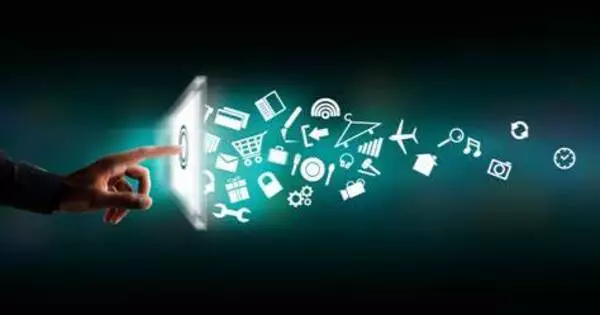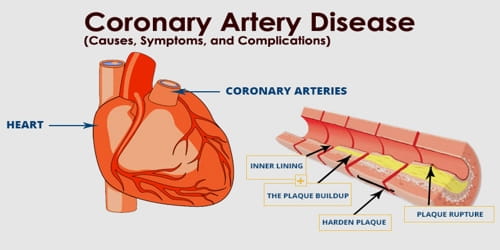The Digital Revolution, also known as the Third Industrial Revolution, is the transition from mechanical and analogue electronic technologies of the Industrial Revolution to digital electronics that began in the latter half of the twentieth century with the adoption and proliferation of digital computers and digital record-keeping and continues to this day.
This revolution has had a profound effect on how people communicate, work, access information, and conduct business. It includes the development of computers, the internet, mobile devices, software applications, and various digital tools and platforms.
The term also implies the dramatic changes brought about by digital computing and communication technologies during this time period. The Digital Revolution, like the Agricultural Revolution (Neolithic) and the First Industrial Revolution (1760-1840), marked the beginning of the Information Age.
The mass production and widespread use of digital logic, MOSFETs (MOS transistors), integrated circuit (IC) chips, and their derived technologies, such as computers, microprocessors, digital cellular phones, and the Internet, are central to this revolution. These technological advancements have transformed traditional manufacturing and business practices. Following the Third Industrial Revolution, a Fourth Industrial Revolution has been proposed since 2015.
Key aspects of the Digital Revolution include:
- Computing Power: The exponential growth in computing power has led to the creation of more powerful and efficient computers. This has enabled the development of complex simulations, data analysis, and artificial intelligence (AI) applications that were once considered impossible.
- Internet and Connectivity: The expansion of the internet has connected people and devices around the world, facilitating global communication and information sharing. The advent of broadband and high-speed wireless connections has further accelerated this connectivity.
- Mobile Technology: The proliferation of smartphones and mobile devices has made digital technologies accessible to a larger portion of the global population. Mobile apps and services have transformed the way people interact with digital content and conduct daily tasks.
- Big Data and Analytics: The Digital Revolution has resulted in massive amounts of data being generated from various sources, such as social media, sensors, and online activities. The use of advanced analytics techniques to analyze this data has provided insights for businesses, governments, and researchers to make informed decisions.
- E-commerce and Online Business: Online shopping and e-commerce platforms have transformed how goods and services are purchased and sold. This has resulted in the disruption of traditional retail models as well as the creation of new business opportunities.
The Digital Revolution is still evolving, with new developments in fields such as 5G technology, blockchain, quantum computing, and others. As digital technologies become more integrated into various aspects of life, they create opportunities as well as challenges in terms of privacy, security, ethics, and societal impacts.
















